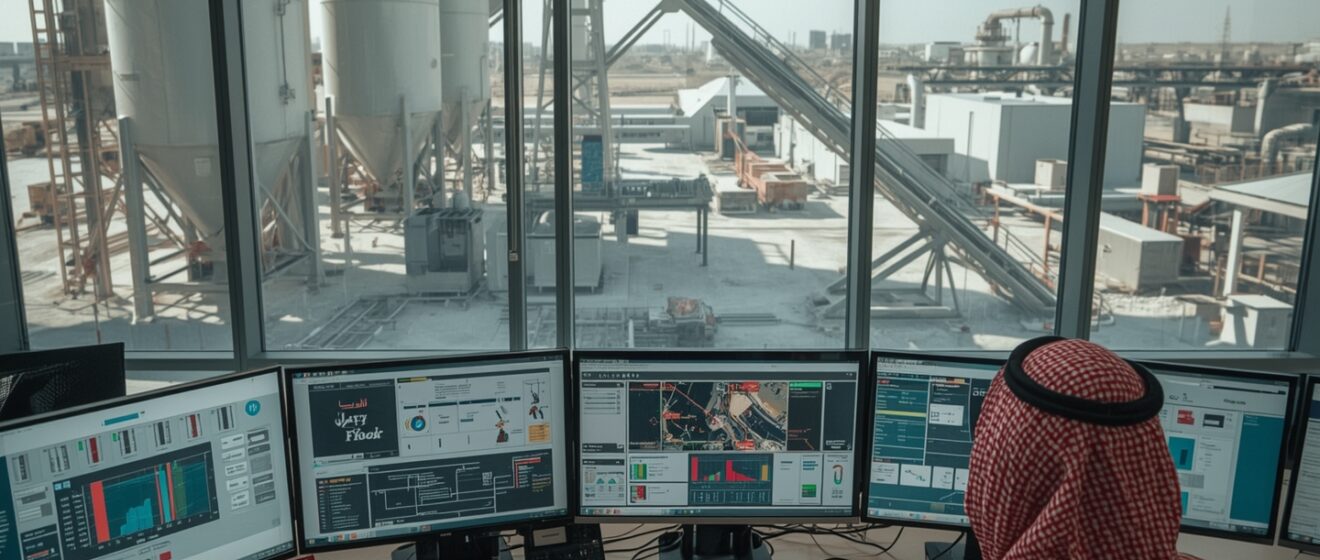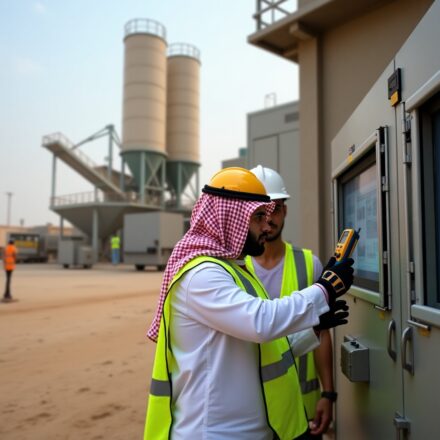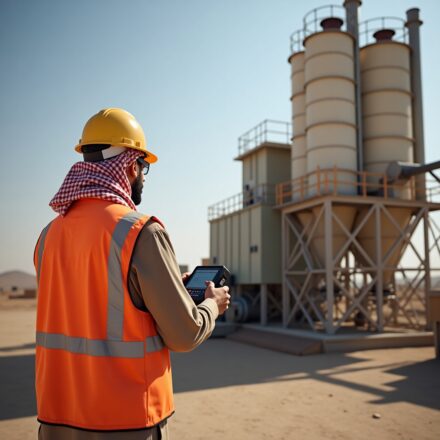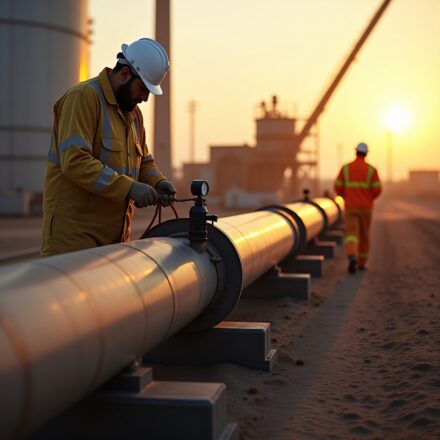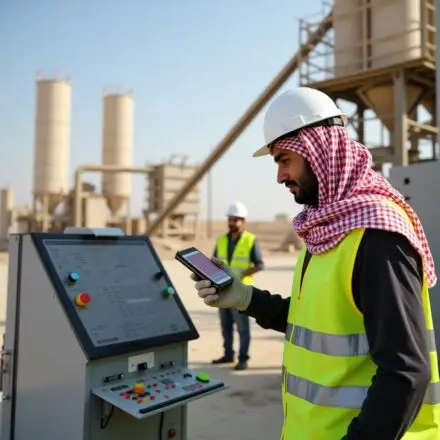Whether you’re installing a new plant or upgrading an existing one, choosing the right control system can make a significant difference in your productivity, cost-efficiency, and product quality. In this blog, we’ll explore what makes a control system suitable for your specific concrete plant operations, key features to look for, and how to make an informed investment decision.
Why Control Systems Matter in Concrete Plants
A well-integrated control system acts as the central nervous system of your concrete batching plant. It helps operators:
- Automate repetitive and time-sensitive tasks
- Maintain consistent mix designs
- Monitor critical parameters in real time
- Reduce human error and safety risks
- Track batch records for compliance and quality control
The control system directly impacts your plant’s ability to meet demand, ensure batch accuracy, and maintain production uptime.
Types of Control Systems for Concrete Plants
Concrete plant control systems come in various forms depending on the level of automation, budget, and plant size. Below are the most common types:
- Manual Control Panels
- Semi-Automatic Control Systems
- Fully Automatic PLC-Based Control Systems
- SCADA and Cloud-Based Systems
Key Features to Look for in a Concrete Plant Control System
When selecting the right system for your plant, prioritize these essential features:
- User-Friendly Interface
A good control system should have an intuitive graphical interface with clear icons and controls. Touchscreens, visual alarms, and real-time updates make it easier for operators to manage processes efficiently.
- Recipe Management
Ensure the system supports multiple mix designs with customizable parameters. Look for software that allows recipe storage, batch scaling, and data logging.
- Precision Weighing and Dosing
Accurate measurement of cement, aggregates, water, and additives is vital. Your system should integrate with load cells and flow meters, with tolerance settings to avoid material waste.
- Real-Time Monitoring and Reporting
Modern systems generate real-time production data, diagnostics, and batch reports. These insights help in quality control and regulatory compliance.
- Remote Access and Maintenance Alerts
Systems with remote login and diagnostic features allow quick troubleshooting. Maintenance reminders and alerts help prevent downtime.
- Integration with Other Systems
If your plant works alongside asphalt or crusher plants, choose a control system that can integrate with other plant automation tools for centralized control.
Benefits of Upgrading to a Modern Control System
If you’re still operating with a manual or semi-automatic system, consider the long-term gains of upgrading:
- Increased Batch Accuracy – Eliminate inconsistencies caused by manual handling.
- Higher Production Speed – Complete more batches per hour with less downtime.
- Improved Energy Efficiency – Optimize use of motors, conveyors, and heaters.
- Better Quality Control – Access detailed production reports and batch records.
- Reduced Operational Costs – Minimize raw material overuse and equipment wear.
- Enhanced Worker Safety – Reduce hands-on interaction with heavy machinery.
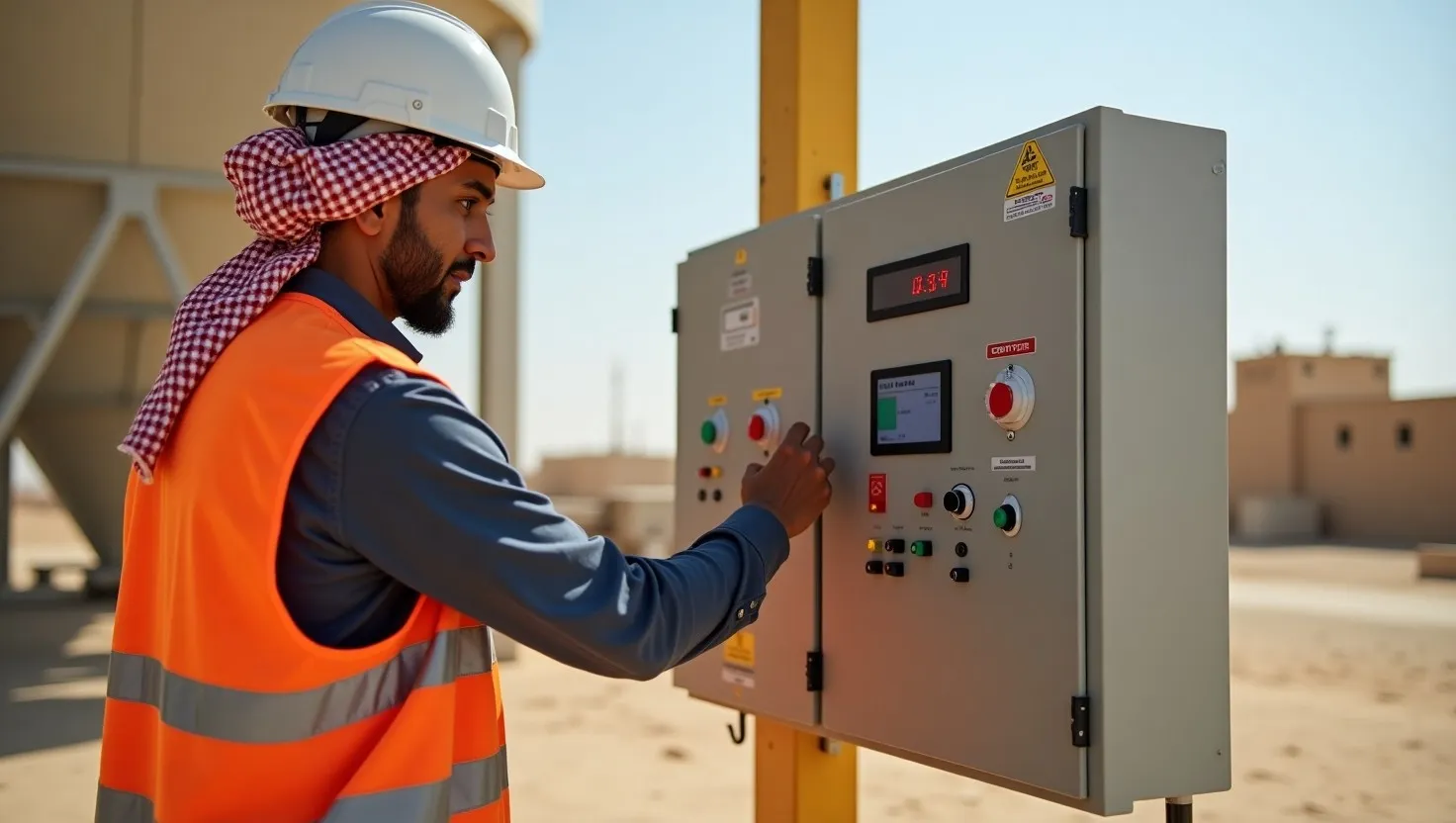
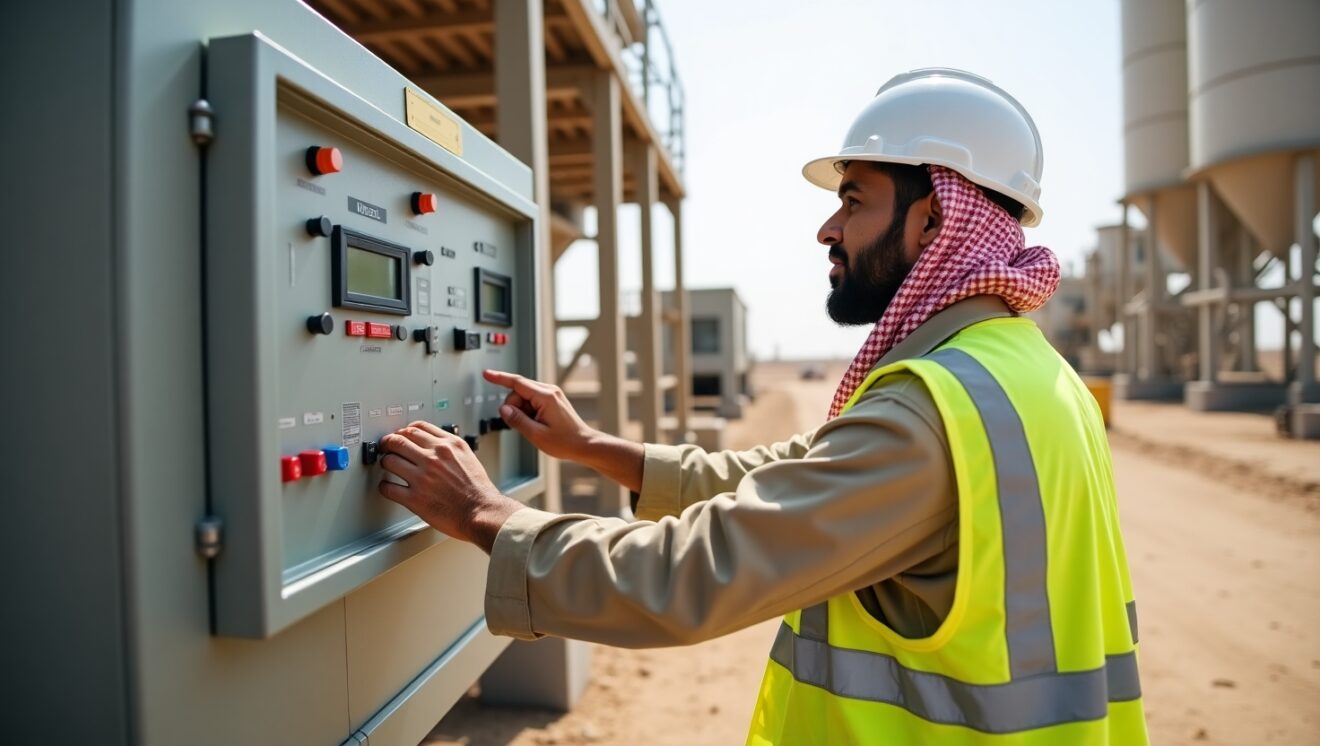
Final Thoughts
Your concrete plant’s control system isn’t just a convenience — it’s a critical investment in your operation’s future. By selecting a control system that matches your plant’s needs today and scales with you tomorrow, you can ensure better productivity, reduced downtime, and superior concrete quality.
Whether you operate a mobile batch plant or a large-scale stationary facility, the right control system will empower your operators and safeguard your plant’s performance. As technology continues to evolve, modernizing your control setup is not just a smart move — it’s essential for staying competitive.
Road Engineering Trading Establishment supports this critical need by supplying a wide range of dependable electrical and mechanical parts tailored for concrete plant burner systems. With the right parts in stock, plant operators can ensure reliable, efficient, and safe operations every day.
With the right parts and proactive maintenance, your burner system can deliver consistent performance year-round — even under tough environmental or production conditions.
